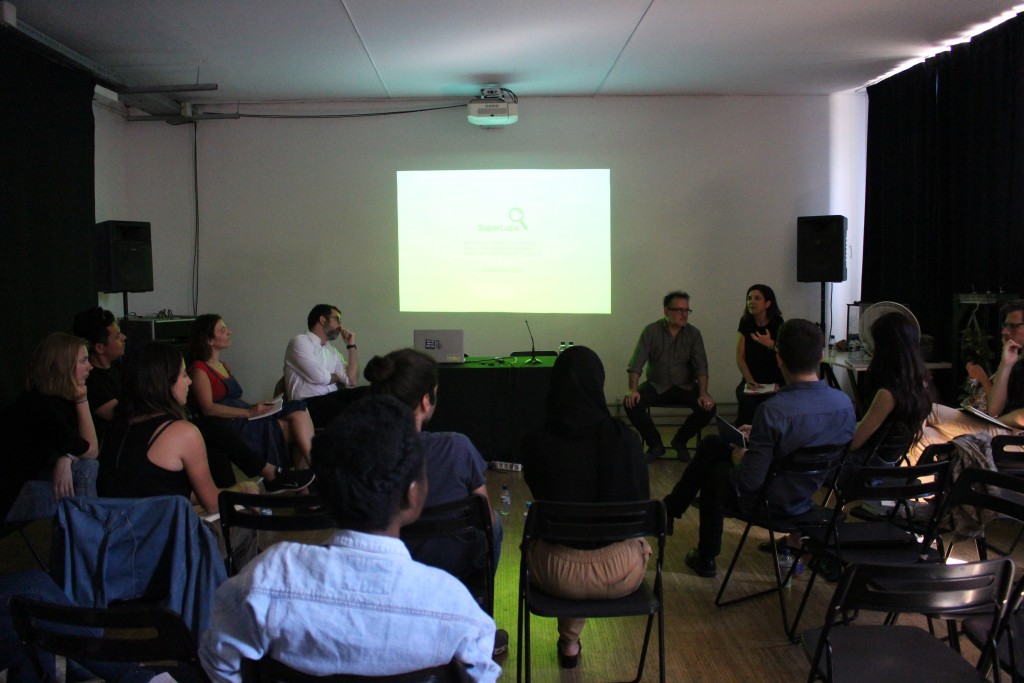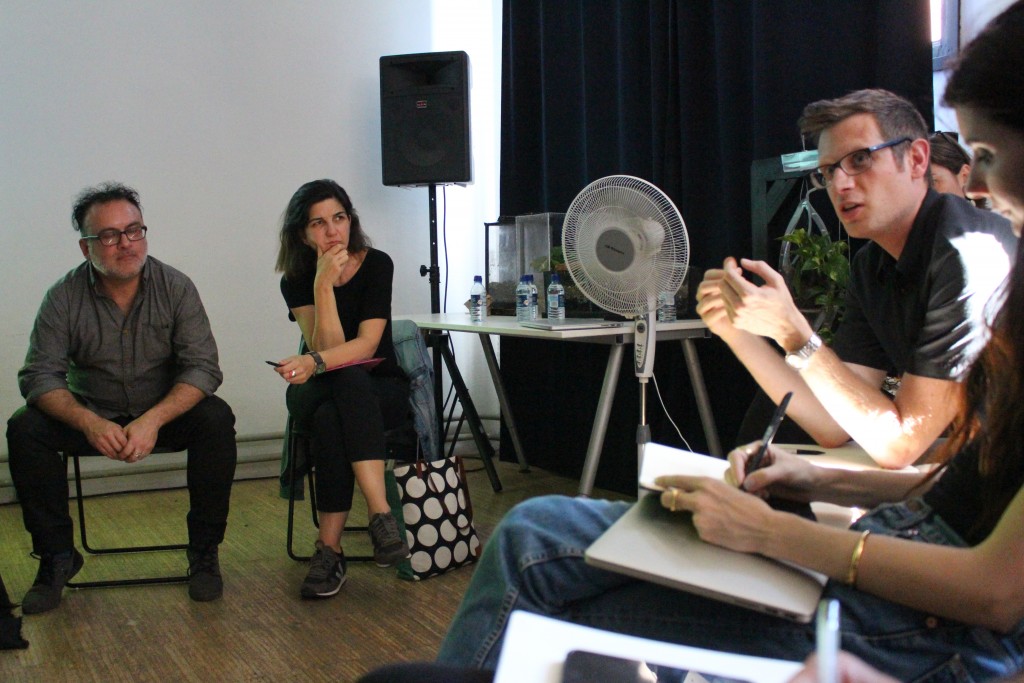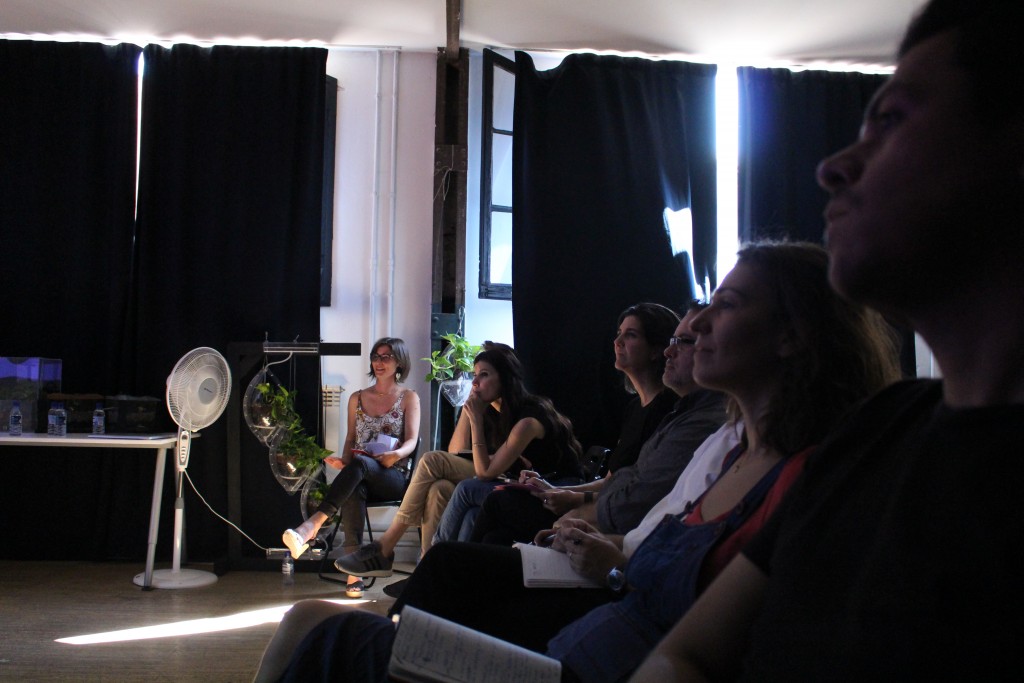MaCT Design for the Responsive City Seminar - Final Presentations
Last Monday the students of the Master in City & Technology presented to a jury chaired by Areti Markopoulou the final outputs of the Design for the Responsive City Seminar. The student’s work was reviewed by Dr. Alexander Erath from the Future Cities Laboratory, Dr. Troy Innocent from Swinburne Institute of Technology, IAAC’s Head of Studies Mathilde Marengo, Antoni Oliva Executive Director of 22@ and Arantxa Mendiharat from Participa Lab Madrid.
In the Design for the responsive City seminar students explored methodologies and defined new protocols to use gamification and mixed realities interfaces as a platform for enhancing user-urban interactions and as tools for the application of technologically enhanced participatory design processes.
Students worked on the case study of the Superblock in Barcelona, the first Poblenou pilot project of an alternative mobility model that liberates space to be used by the public. The purpose of this course was to see how augmented reality technology can serve in the activation of public spaces, bridge communities, and how can it feedback for future urban planning strategies.
Students were trained in the use of Unity3D to design AR/MR interfaces and their projects revolved around questions like: what if people could leave their different opinions on public space? what if they could express how do they feel in specific areas or about certain urban objects? what if they could see what their neighbours think about their area?
The Master in City & Technology focusses on the needs for the habitability of the 21st century cities and the significant role of technology for the formation of the new urban environments.
IAAC proposes this new Master program oriented in training professionals that City Government Administrations, the Industry and Communities need in order to develop projects for the transformation of the cities.
Learn more about the Master in City & Technology by clicking here.


